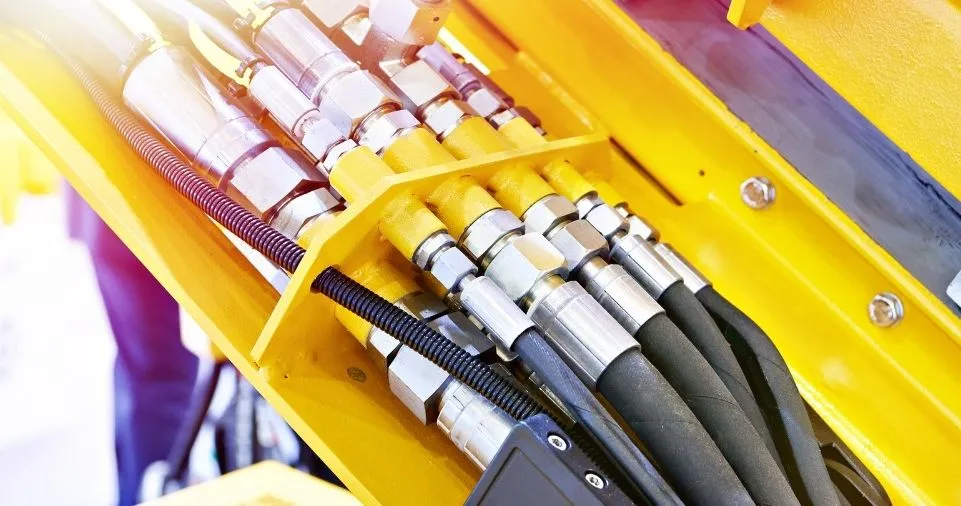It’s a pretty radical idea. But if you’ve ever looked at the venture capital world and wondered why some entrepreneurs get to keep their startups and others don’t, this might be for you. A lot of entrepreneurs have been struggling with how to raise money and have been asking themselves whether it would be better to shut down and return the majority of their investment from investors.
VC firm Kleiner Perkins has found the answer: If at least half of an entrepreneur’s investors agree, it may make sense to close shop and return most or all of the capital they raised in exchange for a 15 percent ownership stake in that company. It’s a pretty radical idea. But if you’ve ever looked at the venture capital world and wondered why some entrepreneurs get to keep their startups and others don’t, this might be for you.
Investors rally around idea
If you’ve ever wondered why some entrepreneurs get to keep their startups and others don’t, this might be for you. The VC firm Kleiner Perkins has found the answer: They should close shop and return some funding. “I think that it’s important for founders to understand that they’re not just their own employees,” says Ellen Pao, who heads up Kleiner Perkins’ new Sandbox Fund (which she co-founded with her partner John Doerr).
Also Read: DoorDash is adding support for cash — but not in its main app
“They are also part of an ecosystem.” And when there are too many people in your “ecosystem,” she says, it makes sense for investors like herself to intervene and help them find new homes for their companies—even if those companies aren’t necessarily ones where everyone can succeed at once. A lot of entrepreneurs have been struggling with how to raise money and have been asking themselves whether it would be better to shut down and return the majority of their investment from investors.
Also Read: The cloud backlash has begun: Why big data is pulling compute back on premises
It’s hard to raise money. That’s the obvious answer, but it doesn’t tell the whole story. The problem with raising money isn’t that investors are too stingy or unwilling; it’s that there aren’t enough good opportunities for startups to get their hands on the cash they need. This has led many founders who wanted to build something great but couldn’t find the right investor or group of investors willing to back them down a path less traveled: Return some funding from investors and try again next time around (or maybe even run their companies themselves).
Investors rally to close shop and return some funding
VC firm Kleiner Perkins has found the answer. In a new report, it says that if at least half of an entrepreneur’s investors agree, it may make sense to close shop and return most or all of the capital they raised in exchange for a 15 percent ownership stake in that company.
Also Read: Microsoft brings OpenAI’s DALL-E image creator to the new Bing
“If you’re a founder and you get to a point where it’s clear that your company needs more capital than what you have access to, then we recommend that you close shop and return most or all of the capital,” said Kleiner Perkins partner Mary Meeker. “And if investors agree that this is an appropriate course of action, they should be able to get their money back at least 15 percent.”
The report was written by Meeker, who said she decided on the topic after hearing from many entrepreneurs who are struggling with funding issues. She also noted that there has been a growing interest in this approach among VC firms such as Kleiner Perkins and Andreessen Horowitz (A16Z), which have been funding startups for years without having any ownership stakes themselves—and now want out so they can focus exclusively on investing again.”
Also Read: Amazon kills DPReview, the best camera review site on the web
According to Morgan Stanley’s research team, less than 1 percent of all startups close within two years after raising seed capital because so few succeed. This means there are plenty of companies who could benefit from returning their shares instead of working on their business full-time.
The reason why this happens is that investors expect founders to work on their businesses full time while they’re getting enough funding from the initial rounds of financing or through angel investors. If a founder doesn’t have enough money behind him/herself at first, then he/she can’t afford to keep developing his/her product and building out an early user base (which will be necessary for them when they’re ready for more funding).
Also Read: Google Cloud Platform lags behind GPT-4 and Claude in head-to-head comparison
There is no reason not to vote with your feet if you want out of an investment situation – especially when it comes down to what’s best for your long-term goal (earning profits from a successful exit) versus short-term gains (getting out before things blow up). There is no reason not to vote with your feet if you want out of an investment situation – especially when it comes down to what’s best for your long-term goal (earning profits from a successful exit) versus short-term gains (getting out before things blow up).
If a company has been in business for less than two years and its founder has already raised $7 million, then there’s a good chance that investors will be willing to take a loss on their investment rather than continue funding operations. This is because they’re more concerned about making money off their initial investment than maximizing returns from subsequent rounds of funding – which means any potential for profit must be weighed against more immediate risk factors like being unable to find another investor willing enough invest further into the company or finding yourself stuck in limbo while waiting on some new round of financing.
Also Read: Microsoft signs fourth Call of Duty deal in fresh bid to win over regulators
Conclusion
It’s not the most fair solution, but it’s better than many other options. There are many other ways to solve this problem without giving up so much control over how much money they’re making. One option would be for investors to give founders more shares in exchange for closing their businesses and returning some of their funding – if that happens, it could make everyone happier!







